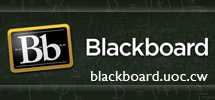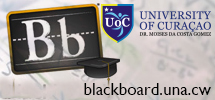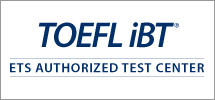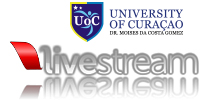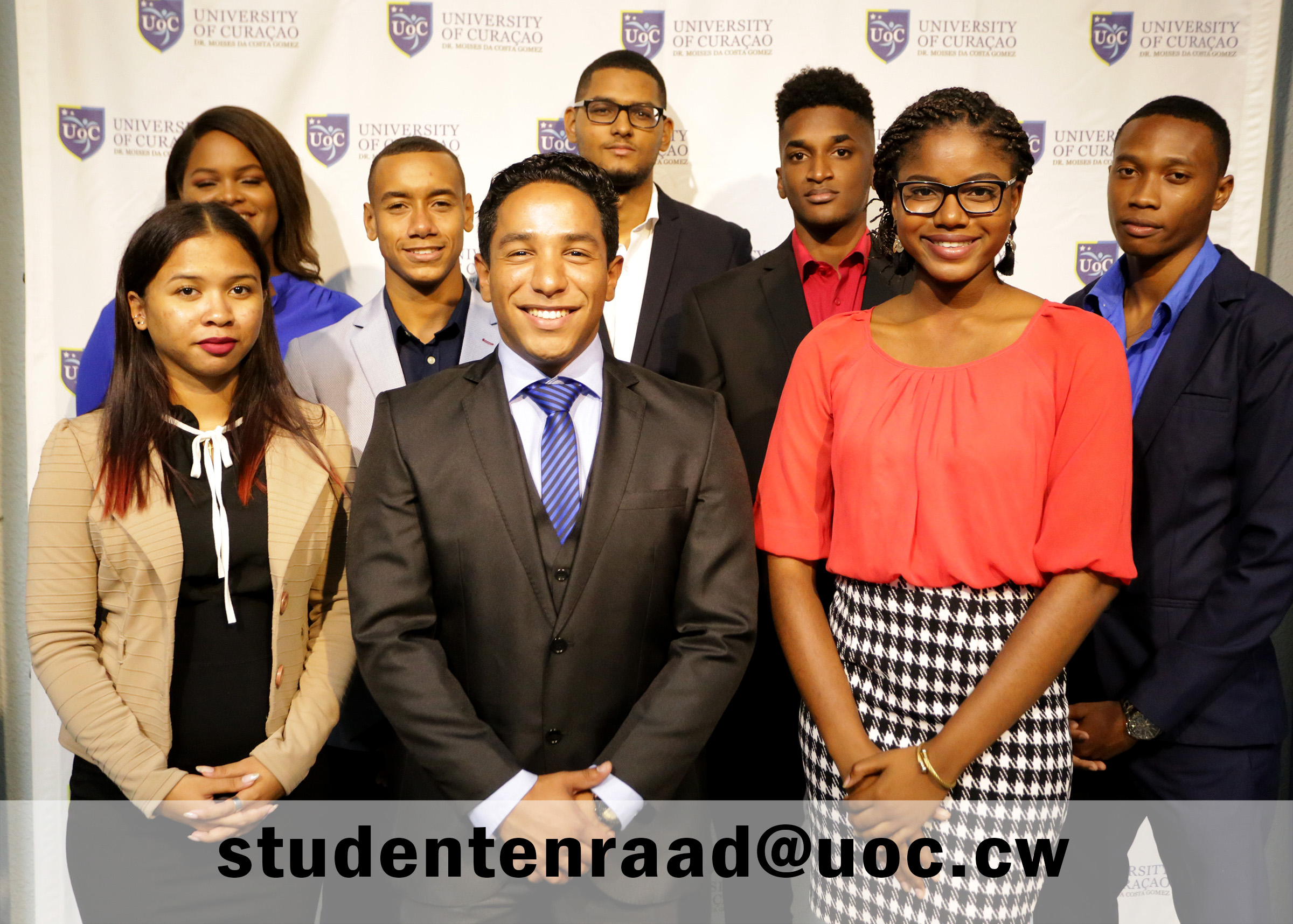Techno MBA
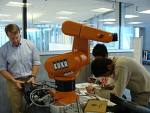
Intro FdTW
Faculty of Engineering
The Faculty of Engineering offers five bachelor of science programs. Some of these programs have more than one major.
All the programs at the Faculty of Engineering have been broadly structured and during the course an effort is made to enhance the students’ social and intellectual skills. There are good contacts with the business community enabling the department to closely follow the technical developments in its field. The programs are also compared to those in foreign institutes on a regular basis. Based on information from the business community and foreign institutes it’s possible to regularly revise the programs and ensure that it maintains its high academic level. The graduating engineer is therefore well prepared to participate in highly qualified work and to play an important role in industry, the business community and in government.
The Faculty of Engineering has three main departments, which are responsible for the five bachelor programs. These programs are comparable to those of the so-called technical or vocational colleges (technical universities) in the Netherlands. However, the teaching style is university oriented. A graduate from a bachelor program receives the academic title of Bachelor of Science. Possibilities for further study are, for example, a Master of Science course at the University of the Netherlands Antilles or in the United States or in the Netherlands at one of the technical universities.
The Faculty of Engineering has three main departments. The dean of the Faculty of Engineering is responsible for the general management of the faculty and he is assisted in this by the acting dean.
Architecture and Civil Engineering department
The department of Architecture and Civil Engineering has two degree programs:
· Architecture degree program
· Civil Engineering degree program
Architecture degree program
The degree program Architecture focuses on the construction of buildings, like houses, schools, offices, business premises; creating construction plans for houses and ordering spaces at various scales in the field of town planning. Using a methodological approach, organizational, functional, constructive and environmental requirements are integrated into a coherent aggregation of constructed facilities and spatial plans. Design, implementation, management and cost factors as well as environmental aspects are dealt with.
The graduate will have a thorough knowledge of building materials, applied mechanics, building constructions, and building physics. Methods for planning and decision making as well as communication skills are dealt with due to the multi-disciplinary character of the fields in this degree course. The emphasis for graduation can be on the sub-fields architecture, structural engineering, the preservation and restoration of monuments and construction management. The courses and projects the students will work upon include guest lectures (from people who have a lot of experience in the field) and excursions to various projects.
Civil Engineering degree program
Traffic and transport are essential to our modern society. Facilities like roads, bridges, viaducts, intersections, parking spaces, pedestrian and bicycle paths and facilities for the various types of public transport are necessary for traffic. It is a civil engineer’s task to plan, design, implement and maintain these facilities. That must be done in such a way that the constructed facilities will satisfy the needs of traffic safely for an extended period.
In order to do so insight into the phenomenon traffic is essential. Traffic Engineering studies the origin, quantity and flow of traffic. Knowledge of how materials behave and construction methods to ensure that facilities can hold up to years of intensive use is required. The latter is the field of Road Engineering. This program includes a large component focusing on construction related subjects for the constructions necessary for roads like bridges, culverts, retaining walls etc.
The degree program includes waterworks as well, like sewer systems of facilities like harbors. Environmental aspects are part of the lectures and projects throughout the whole program.
Information Technology & Electrical Systems department
The department of Information Technology and Electrical Systems has two degree programs, which are closely connected and many courses will be followed by students from both programs:
· Information & Communication Technology (ICT) degree program
· Electrical Engineering degree program
Information & Communication Technology (ICT) degree program
The information and communication technology (ICT) has developed over the past thirty years into an inherent part of society that impacts our daily lives. We discover applications in situations that until recently had not been imagined.
ICT has penetrated deep into the core processes of industry, many activities in offices supported are by ICT resources, information management hardly occurs without ICT, trade is supported en masse by ICT services, ICT is penetrating ever deeper into healthcare and advanced technical devices are coupled to computer networks, and managing businesses is supported by fast access to information.
This program was set up in close cooperation with both the local and international ICT branch. The emphasis lies on acquiring long term insights, concepts and techniques and in mastering practical skills. Our focus is to continually align the program with new developments in the business community. The Information and Communication Technology degree program focuses on two specific aspects:
· The development and implementation of software and information systems
· The administration and operation of such systems, products and the ICT infrastructure.
The four year ICT degree course is a day course with an internal and external component. The internal curriculum covers the first three years of the course and consists of five theoretical clusters:
· System Analysis and System Development
· Telematics and Technical Aspects
· Information Resource Planning
· Management and Organizational Science
· General Higher Vocational subjects
The final course year is completely external and consists of a work placement component and a graduation component of 100 working days each. The work placement enables the student to orientate in the ICT Branch and find areas of interest. During the graduation phase the student will apply the acquired knowledge and make the connections between the various theoretical disciplines.
Graduates from the degree program Information and Communication Technology are fully fledged ICT specialists and can be immediately deployed in the business community or government. Due to the broad nature of the course this means that they can be placed in many different positions in the organization. They also have the skills to further develop themselves by:
· acquiring new knowledge and skills
· being able to apply acquired knowledge and skills in new situations
· the ability to identify problems in new situations
Electrical Systems degree program
The field of electrical engineering is extensive. A good foundation in mathematics and science is essential in order to be able to understand the many facets of electrical engineering. A graduate electrical engineer will also be expected to have good written and oral skills.
The first year of the course will therefore spend a relatively large amount of time on mathematics, science and languages. In the second year mainly electrical engineering subjects will be given and the basis will be laid from which the student can choose a major in the third year. The last course year is spent completely off campus and consists of a work placement and graduation phase of 100 working days each. During the graduation phase you will apply your acquired knowledge and make the connections between the various theoretical disciplines.
The Electrical Engineering degree program has two majors:
· Electrical Power Engineering major
· Telematic Engineering major
Electrical Power Engineering major
The electrical power energy engineering studies currents and voltages primarily as carriers of energy.
The emphasis is on:
· Power system analysis and operation, i.e. power systems reliability and security, generation,
transmission and distribution of electricity;
· Electrical machines, transferring mechanical energy into electrical energy and vice versa;
· Power electronics, operating and controlling power using semi-conductors;
· Sustainable energy, the use of sustainable energy sources like sun and wind.
Telematic Engineering major
The emphasis in the telecommunication engineering major is on:
· Electronics, analyzing and measuring electrical circuits for processing analogue and digital signals.
· Computer engineering, the structure and operation of a computer. Aside from hardware, tools like
Turbo Pascal, C++ and Operating Systems like DOS, UNIX and Windows are also dealt with.
· Telematics, the transfer of information is central. Important applications are telephony and
data communication. Ample attention is also spent on new developments in the field of
telematics and computer networks.
Industrial Technology department
The department of Industrial Technology offers the degree program of Industrial Technology.
Industrial Technology degree program
A large portion of the daily utensils and technical devices in our society were designed and manufactured by industrial technologists. Multiple courses are available to make maximum use of the available knowledge:
· For design and construction – Construction Technology
· For driving and propelling – Energy Technology
· For regulating and adjusting – Instrument Engineering
· For manufacturing and processing – Production Technology
· For correctly using materials – Material Science
· For technical (operational) management of companies – Technological Economics
To be able to successfully practice one of the above professions one not only requires knowledge of the field in question but a good foundation in the general basic subjects, mathematics, science, and mechanics, is also essential. Information and communication technology also plays an important role. These subjects are mainly lectured in the first year. In the second year and above field specific subjects are lectured. Technical subjects like Energy Technology, Material Science, Production Technology, Construction Technology, and Economics are then addressed.
Practical in the various courses support the theoretical classes. The labs are equipped with equipment to do so, like:
· Diesel motor, cooling section, heating section, pump installation and a small wind tunnel.
· Destructive and non-destructive material testing machines
· Computer Aided Design (CAD) equipment
· Computer Numerical Controlled (CNC) lathe and simulations
· Electronic measure and control systems
· Pneumatic and electronic control systems
· Departmental personal computers for supporting practicals and thesis work
· Computers for simulating management games.
The last course year is spent completely off campus and consists of a work placement and graduation phase of 100 working days each. During the graduation phase you will apply your acquired knowledge and make the connections between the various theoretical disciplines.
The degree program of Industrial Technology has two majors, which are closely connected and many courses will be followed by students from both majors:
· Mechanical Engineering major
· Engineering Management major
Mechanical Engineering major
The emphasis in the Mechanical Engineering major is on:
· energy engineering
· corrosion engineering
· construction engineering
· mechanical engineering
· sustainable energy engineering
Engineering Management major
The emphasis in the Engineering Management major is on:
· financial Management
· operation Management
· project Management
· logistics
· marketing
· cost management


